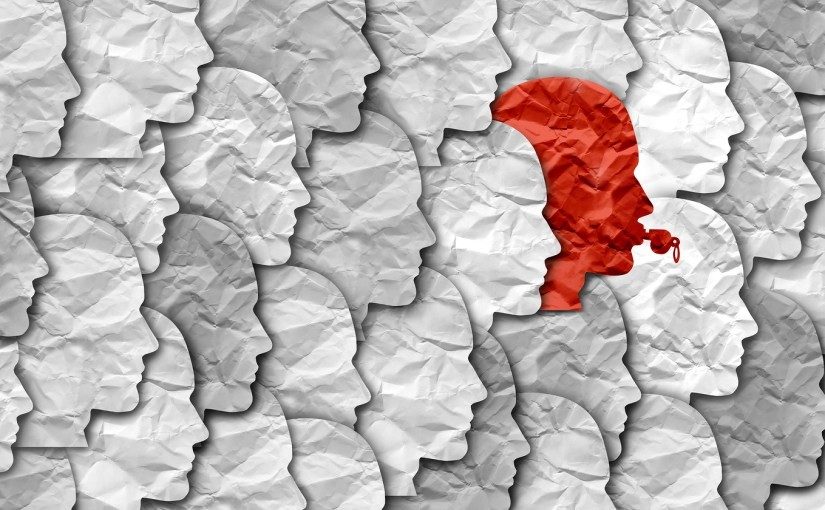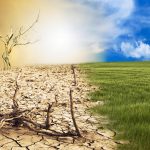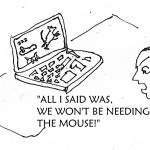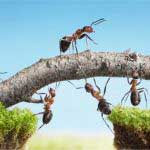Tinker, Tailor, Soldier, Sailor, Rich Man, Poor Man, Snitch, Spy or Whistle-Blower? A familiar childhood rhyme? I always selected to be a sailor – but, really, found the options given too limited. Did anyone ever elect to be a thief? Or did that just come in the quest to be rich? If the rhyme had been as I’ve re-crafted it above, I can imagine ‘spy’ might have attracted some interest. It sounds more exotic than ‘snitch’, certainly, though it is clandestine, and often illegal. Many governments and large corporations often make use of it, nonetheless. Does it sound better or worse if it’s called espionage? Is it sometimes hidden in the word, ‘research’ or ‘monitoring’?
What about ‘snitch’ ? We all had at least one in our class. The tattletale. Getting enjoyment from someone getting into trouble. But it’s not limited to the school playground. Death row inmate, George T. Wilkerson, coined the phrase ‘snitches get stitches’ in his article, ‘It’s surprisingly tough to avoid snitching in prison – how hard could it be not to betray your friends?’[1]. He concluded that ‘the rules about snitching and minding one’s own business are instruments in a primitive philosophy of survival: Might makes right; the strong survive’.
Do you admire or despise Wikileaks founder, Julian Assange; or Edward Snowden, the American whistle-blower, a CIA employee and subcontractor, who leaked highly classified information from the National Security Agency in 2013? What about former UK consulate worker in Hong Kong, Simon Cheng? Traitor according to the Chinese government; torture victim or hero to Britain, who has recently granted him asylum.
So, if I had to choose, I’d be a whistle-blower rather than a spy or a snitch; it has a nicer ring to it. But is it any different? And is it safe? Jacob Gershman, in his June 20, 2017 article – “Why Life for ‘Snitches’ has Never Been More Dangerous”[2], reported that almost 700 witnesses and informants (in the US) had been threated, wounded or killed over a three year period; 61 of these had been murdered. The federal courts were considering injecting more secrecy into the judicial system. What if the whistle-blower becomes the martyr? – not many of us have much appetite for Novichik nerve agent or Polonium.
Are we legally obliged to report a crime if we observe or know that one has been committed? Often not, although for certain crimes and certain professionals, there are legal requirements to report. But do we have a moral duty to report what we suspect or know to be a crime? Is it safe to do so – can we trust the promises of confidentiality and protection by the police or various hot lines?
What about the crime of corruption? In 2018, the World Economic Forum (WEF) estimated the global cost of corruption to be at least US$2.6 trillion, or 5% of the global gross domestic product (GDP). The World Bank estimated then that businesses and individuals pay more than US$1 trillion in bribes every year. “Corruption breeds disillusion with Government and governance and is often at the root of political dysfunction and social disunity,” Secretary-General of the WEF António Guterres told the 15‑member Council.
‘The financial crimes of embezzlement and theft, bribes and kickbacks, money laundering and illicit financial flows and state capture are all channels of corruption that are prevalent in Africa with significant negative effects on the continent’s socio-economic development progress. The magnitude of these crimes has been trending upward with the resultant effect that corruption continues to have significant negative impacts on Africa’s current and future development prospects’. (World Economic Forum 2018)
Highly corrupt countries have difficulty attracting resources. In a survey of more than 350 businesses worldwide, 35% of companies had been deterred from an otherwise attractive investment because of the host country’s reputation for corruption (ref: Facing up to Corruption: A practical business guide 2007).
In 2013, the Deputy Chief of Mission at the US Embassy in Ghana, Patricia Alsup, was quoted on the Ghanaian government website as stating that around a quarter of Africa’s GDP – US$148 billion – is lost to corruption.
‘..corruption is subtracting more than half of the resources that could finance education for the whole (African) continent every year.’ https://www.africa.undp.org/content/rba/en/home/blog/2017/how-much-do-we-have-to-pay–corruption-puts-a-toll-on-youth-as-a.html
Transparency International reported, in 2010, that corruption was estimated to increase the cost of achieving the UN Millennium Development Goal on water and sanitation by US$48 billion. (‘The Anti-Corruption Catalyst: Realising the MDGs by 2015‘ (2010)).
In their article, ‘More Sand Than Oil’ (Finance & Development, September 2019, Vol 56 No.3), Nelson Sobrino and Vimal Thakoor, concluded that Sub-Sahara stands to gain more from reducing corruption than any other region – only 2 of the 30 countries from the Sub-Saharan region included in the International Country Risk Guide’s 2017 Governance Index scored above the average for the rest of the world. (https://www.imf.org/external/pubs/ft/fandd/2019/09/tackling-corruption-in-sub-saharan-africa-sobrinho.htm). For example, in Mozambique, the average estimated annual cost of corruption, as observed during the ten years from 2004 to 2014, was up to US$4.9 billion, equivalent to around 30% of that country’s 2014 GDP and 60% of the 2015 budget (https://www.cmi.no/publications/file/6027-the-costs-of-corruption-to-the-mozambican-economy.pdf).
What did Tanzania do right? In 2019 it was the 96th least corrupt nation out of 180, according to the Corruption Perception Index reported by Transparency International, the best record it had for more than a decade; in 2014 it was the 119th most corrupt nation (www.tradingeconomics.com/tanzania/corruption.rank). President John Magufuli has the enviable reputation of having cracked down hard on corruption, but the less enviable one of being authoritarian and grossly intolerant of dissent, the independent media and the opposition. While Tanzanians perceive that levels of corruption have reduced under his rule, are they queuing up to be whistle blowers, and would they report corruption if it was within Magufuli’s inner circle? As I write, the New York Attorney General has filed a lawsuit to dissolve the National Rifle Association (NRA) on alleged ‘years of self-dealing and illegal conduct’ (Trump has responded by suggesting they move to Texas and have a beautiful life). And French president, Macron and other world leaders have grappled with how to support Lebanon in the wake of the 4th August explosion in Beirut, noting that they could not provide funds to what is a grossly corrupt government and that significant political reform would have to take place first.
So back to whistle-blowers. What is a whistle-blower? A whistle-blower discloses information about corruption or other wrongdoing being committed in or by an organisation to individuals or entities believed to be able to effect action – the organisation itself, the relevant authorities, or the public. According to Transparency International, whistle-blowing is one of the most effective ways to detect and prevent corruption, but people are deterred from reporting it for fear of the consequences (legal, financial, reputational), the belief that nothing will be done, and uncertainty about how, where and to whom to report. “Protecting whistle-blowers from unfair treatment, including retaliation, discrimination or disadvantage, can embolden people to report wrongdoing and increase the likelihood that wrongdoing is uncovered and penalised. Companies, public bodies and non-profit organisations should introduce mechanisms for internal reporting.” (https://www.transparency.org/en/our-priorities/whistleblowing#)
‘Ultimately, societies, institutions and citizens lose out when there is no one willing to cry foul in the face of corruption’. https://www.transparency.org/en/our-priorities/whistleblowing#
At a macro level, some of the determinants of corruption relate to the level of economic development, the level of state intervention in the economy and the endowment with natural resources – it is no coincidence that citizens in countries that are richly endowed with natural resources are often some of the poorest in the world. Poor regulatory environments, tax regimens, spending decisions, the provision of good services at non-inflated prices and the financing of political parties can all promote corruption. What about civil servants’ wages? Should it be expected that a policeman or provider of health services will get a large portion of what they need to live on from ‘the public’ through extortion, and thus their wages need only be token? What do opacity of rules, laws and processes play in driving corrupt practices? Who is tracking and reporting on government budgets and spending – and, if someone is, who is listening? Do the incentives perversely encourage snitches and spies and punish everyone else?
Corruption is a crime that many of us witness on an all-too-frequent basis. Even if we’re not guilty of it on the demand-side, what about the supply side? What will change if we choose not to hand over a few coins or notes, so we can go about our business or avoid a speeding fine? Will we just be making our life more difficult if we kick up a fuss or refuse to pay a bribe? Let’s not complain about living in a corrupt society if we aren’t prepared to do anything about it.
[1] https://www.themarshallproject.org/2018/07/19/it-s-surprisingly-tough-to-avoid-snitching-in-prison
[2] https://www.wsj.com/articles/criminals-subvert-online-court-records-to-expose-snitches-1497960000






